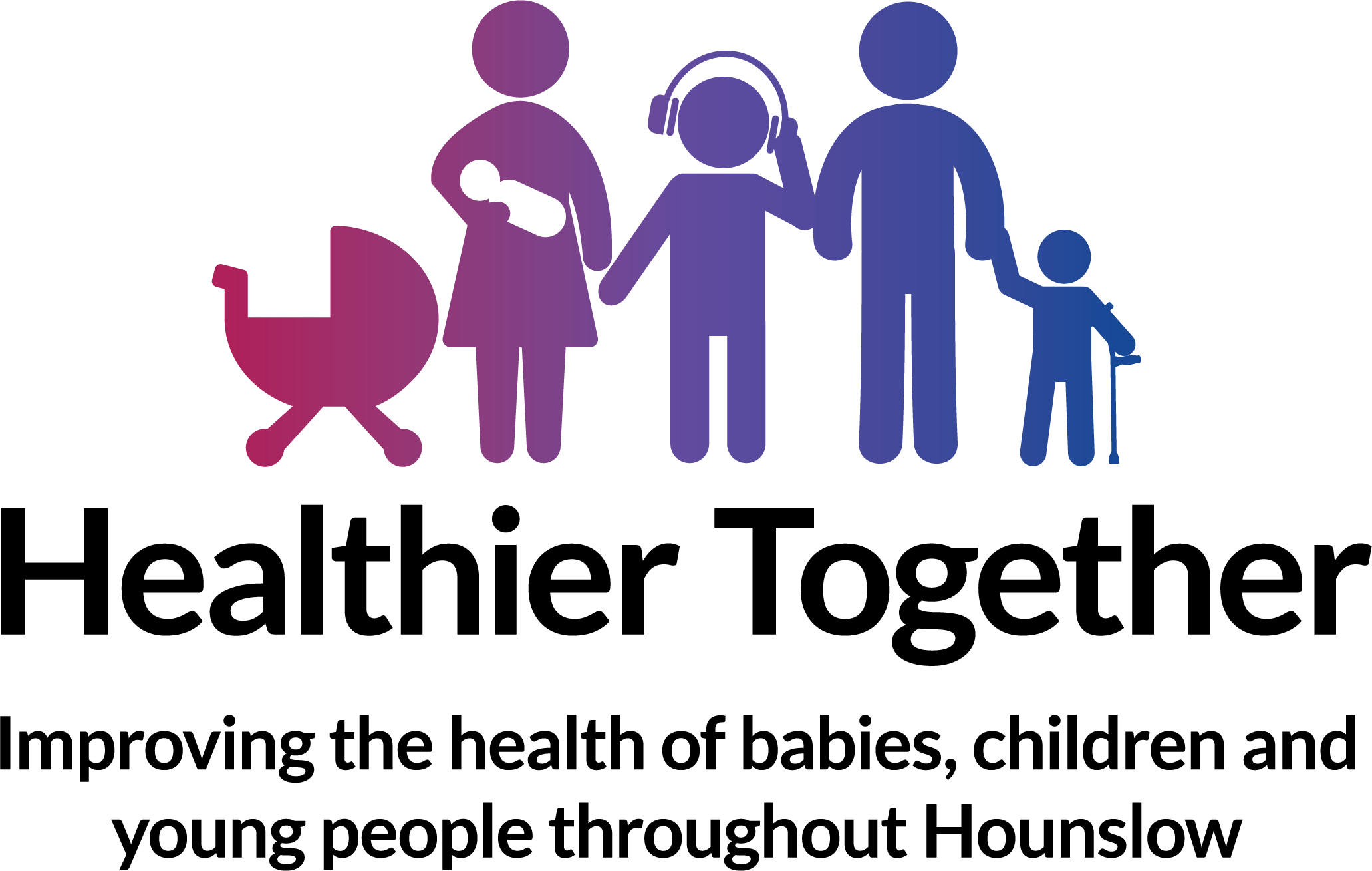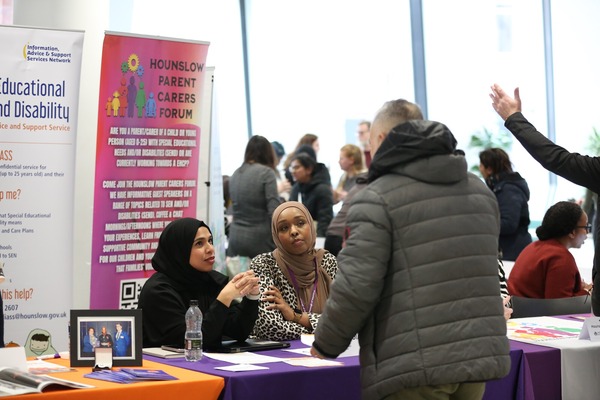Cerebral Palsy General Information
What is Cerebral Palsy?
Cerebral palsy is an umbrella term used to describe a group of conditions that affect movement, posture and co-ordination. It can also affect other areas of bodily functions as well; including vision, hearing, speech and learning.
Children with cerebral palsy may have difficulties from birth or may have slow development of motor and other skills. A diagnosis may not be possible until the child is 2 to 3 years old depending on the individual child’s progress.
What is Cerebral Palsy (CP)?
Cerebral palsy is a condition that affects muscle control and movement. It affects about one in every 400 children in the UK.
Symptoms of cerebral palsy
Symptoms of cerebral palsy normally become noticeable around 18 months to 2 years old. Although sometimes diagnosis is later in childhood. Your child might have problems with movement, co-ordination and development.
Possible signs of CP can include:
- Delays in reaching development milestones
- Being too stiff or too floppy
- Fidgety, jerky or clumsy movements
- Muscle spasms
- Walking on tiptoes
- A range of other difficulties may be present – such as swallowing difficulties, speaking problems, vision problems and learning disabilities
Symptoms will vary depending on the severity and type of cerebral palsy.
Visit the NHS Cerebral palsy website for more information on symptoms.
Types of Cerebral Palsy
There are three main types of CP, many people will have a mixture of these.
The Gross Motor Function Classification System shows how someone's CP might affect them.
Download CanChild's PDF of Gross Motor Function Classification System
Spastic cerebral palsy
Spasticity means the muscle tone is tight and stiff. This reduces a person's range of movement. As the muscle tone is so tight, spasticity can be very painful with muscles often going into spasm. It can affect different areas of the body.
Dyskinetic cerebral palsy
Sometimes called dystonic, athetoid or choreoathetoid cerebral palsy. Dyskinetic CP causes uncontrolled, involuntary, sustained or intermittent muscle contractions. It may be difficult to maintain an upright position. The person may find it difficult to control the tongue, vocal cords and breathing. This may affect speech and language.
Ataxic cerebral palsy
Ataxia is defined as an inability to activate the correct pattern of muscles during movement. This affects balance and spatial awareness. It can make it difficult to judge your body position in relation to things around you. Ataxia can affect the whole body. Most people with ataxia can walk but they will be unsteady with shaky movements. Ataxia can also affect speech and language.
Mixed cerebral palsy
Many people will have a mix of types.
You may also come across terms such as:
- Hemiplegia (one side of the body affected)
- Diplegia (two limbs affected)
- Monoplegia (one limb affected)
- Quadriplegia (four limbs affected)
Cerebral palsy: associated conditions
Some people may have associated conditions; while others may not. These can include:
- Learning difficulty, as children with CP cover the same range of intelligence as other children
- Epilepsy, which affects up to a third of children with CP
- Hearing impairment in only 8% of children
- Visual impairment
- Sleep issues
- Communication difficulties
- Feeding difficulties
- Drooling
- Problems with toileting
- Behaviour issues, which affect one in four children with CP
Information for Young People:
Visit Scope's website for more information about CP and the effects it can have on mobility, learning and communication for teenagers and young adults.
How to get support
You can get support for young people aged 0 to 25 with special education or disability needs on the Hounslow Local Offer website.
Contact
Telephone: 020 8583 2672
Email: sen@hounslow.gov.uk
Further support for Hounslow families with SEND
Families with Special Educational Needs and Disabilities (SEND) children can access an improved support service at Hounslow SEND Information, Advice and Support Service (SENDIASS). The website features free and confidential guidance for parents and carers, and children and young people with SEND aged 0 to 25. As a statutory service, SENDIASS works independently from the local authority.
To get in touch with the team, call the helpline at 020 8583 2607 (Monday-Friday, 9am to 2pm) or email sendiass@hounslow.gov.uk.
The team (pictured) are also available at the Council's monthly SEND surgeries SEND surgeries: Let's talk SEND | London Borough of Hounslow
Hounslow Parent/Carers Forum
A monthly group of Hounslow-based parents/carers of children and young people (aged 0-25 years) with SEND.
The Forum meets every month to discuss issues that affect families such as health, education and employment. Professionals from organisations, including the local authority are invited to share their current plans and to hear what parents have to say. It is also a place to share information from parent to parent and to ask questions.
Things to do
Things to do | London Borough of Hounslow
Hounslow Short Breaks
All children and young people with a disability can access a short break. This includes those with:
- A physical disability
- A learning disability
- Autism Spectrum Disorder (ASD)
- Or those with challenging behaviour
Short breaks for disabled children | Short breaks for disabled children | London Borough of Hounslow
Please see the latest newsletter for full details
General Support
Contact
If you live anywhere in the London Borough of Hounslow and have a disabled child, or a child with a health condition or additional needs, please get in touch. Contact provides information on a wide range of issues affecting families with disabled children, as well as where to go locally for support.
Have a browse:
A-Z medical directory
Benefits Calculator and Grants Search
Listening Ear support service
Family workshops and events
Helpline (0808 808 3555)
Frequently Asked Questions tool
You can contact them directly or ask a professional to make a referral by emailing: Hounslow.office@contact.org.uk
You can also book an appointment with one of our Family Support Workers.
Listen to Contact's “audio explainers'“ on YouTube
Did you know Contact has a YouTube channel with a playlist of audio explainers?
Listen to expert parent advisers talk you through some of the key topics you need to know about, from claiming benefits to finding a school place and tackling winter illnesses.
Visit our YouTube homepage to find lots more audio and video support from Contact.
Family information service
Family Information Service | Family Information Service | London Borough of Hounslow
Links to:
The Hounslow Local Offer is a way of giving children and young people with special educational needs and/or disabilities and their parents or carers information about what activities and support are available in the area where they live.
The Council for Disabled Children (CDC) have produced a video, which provides information about what a Local Offer is.
The Local Offer contains a wide range of information and services to support children and young people with special educational needs or disabilities. These include services provided by the Local Authority and the health service, as well as services provided by the voluntary and private sectors (e.g. charities and disability groups, nurseries, youth clubs, leisure activities etc.).
Information is available for young adults, to help you make informed choices about life choices such as where to live; transport; social activities, work and training; and becoming an adult.



